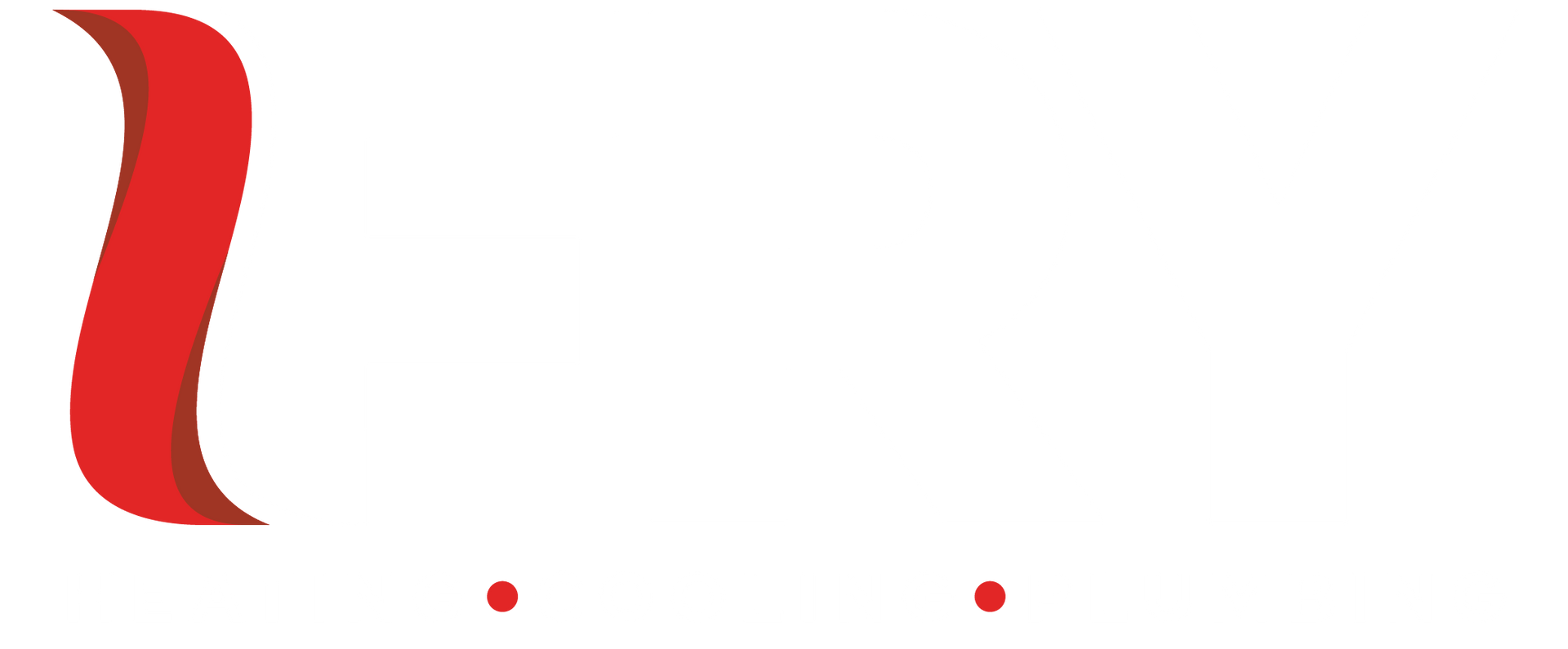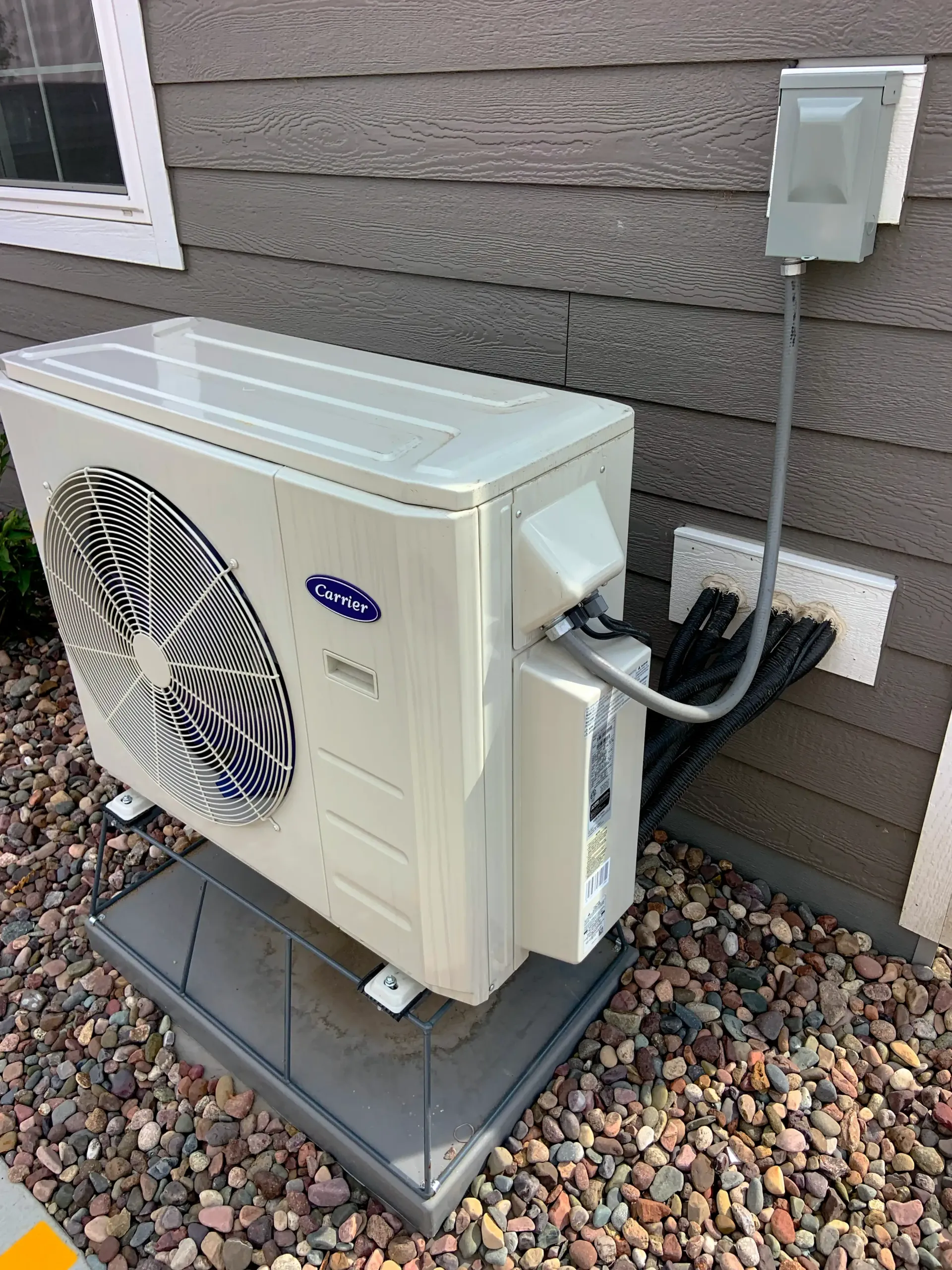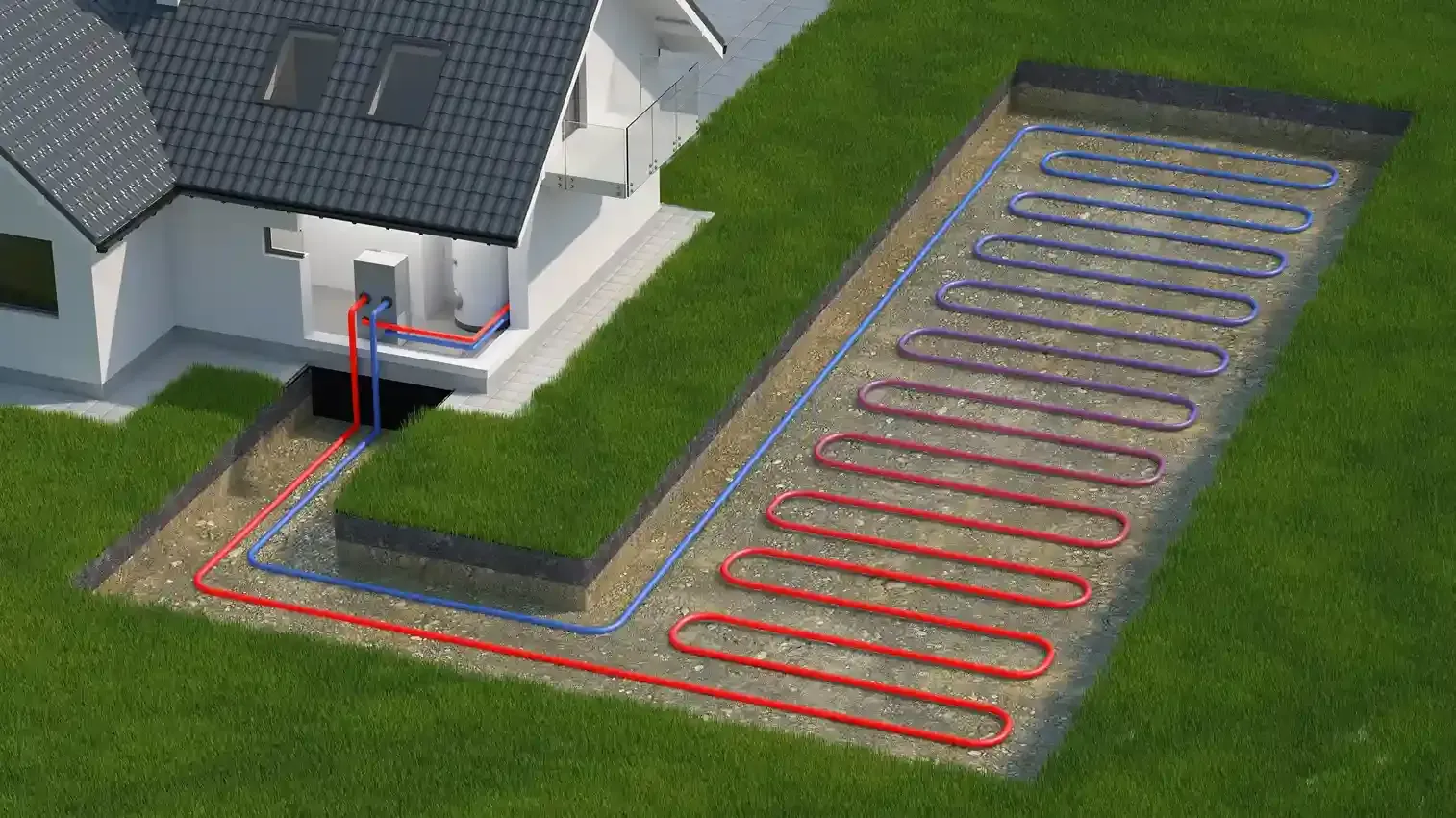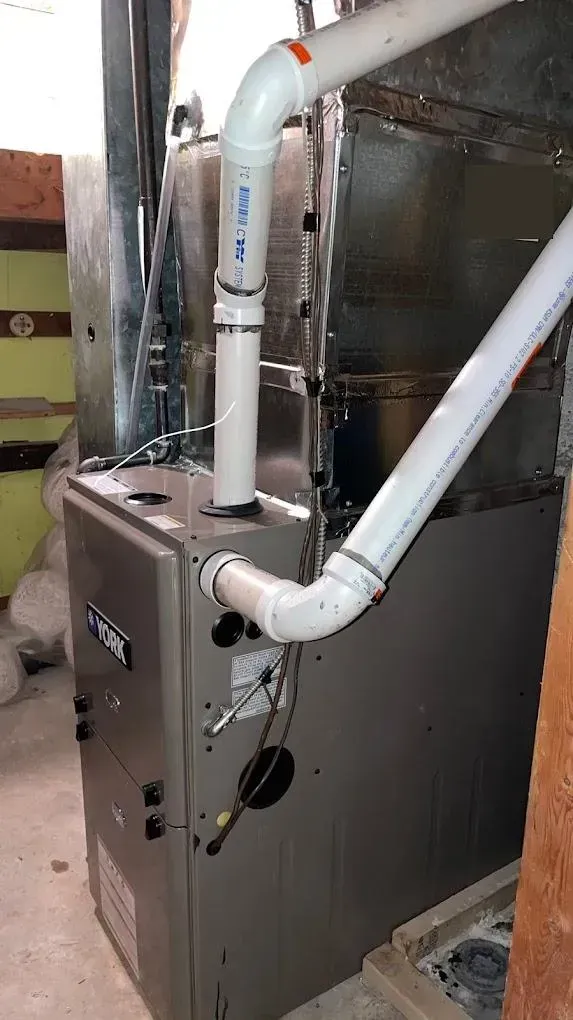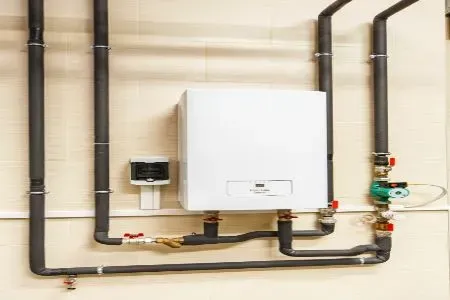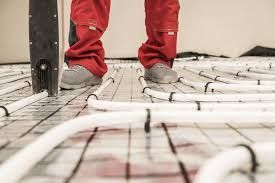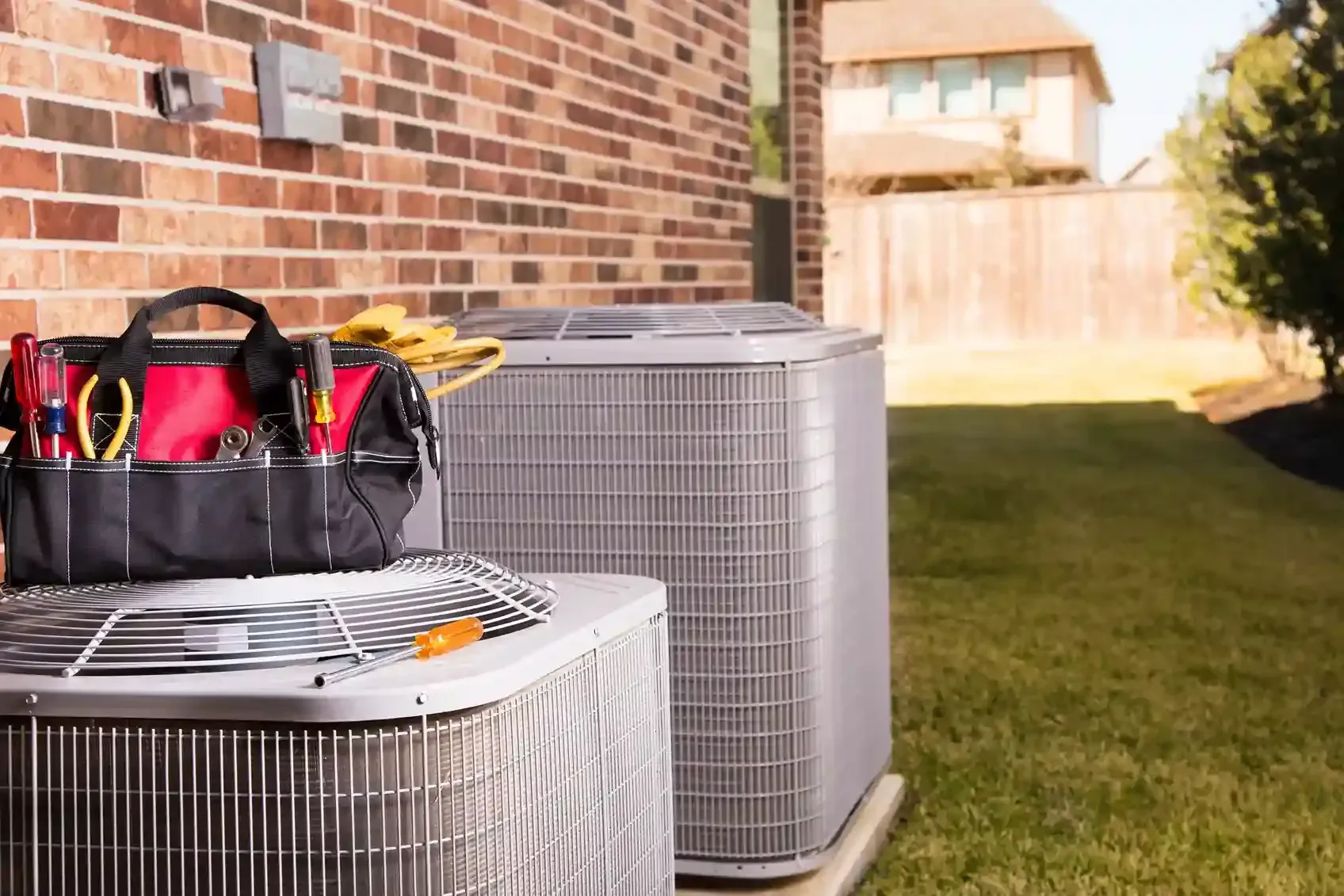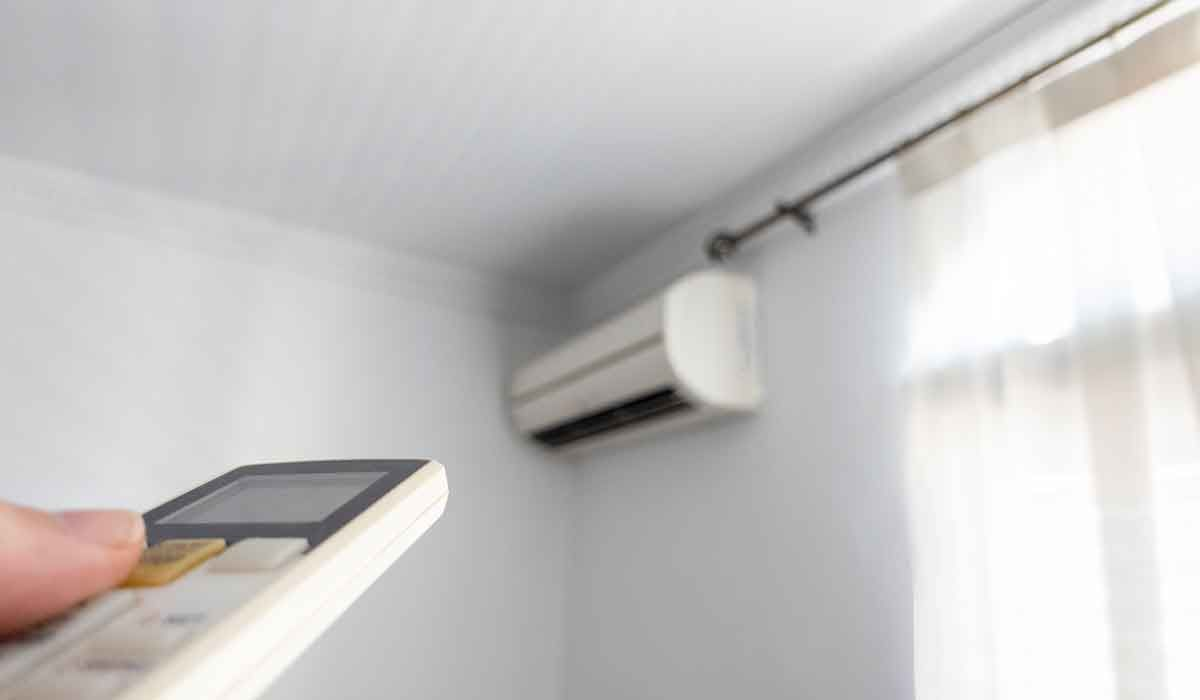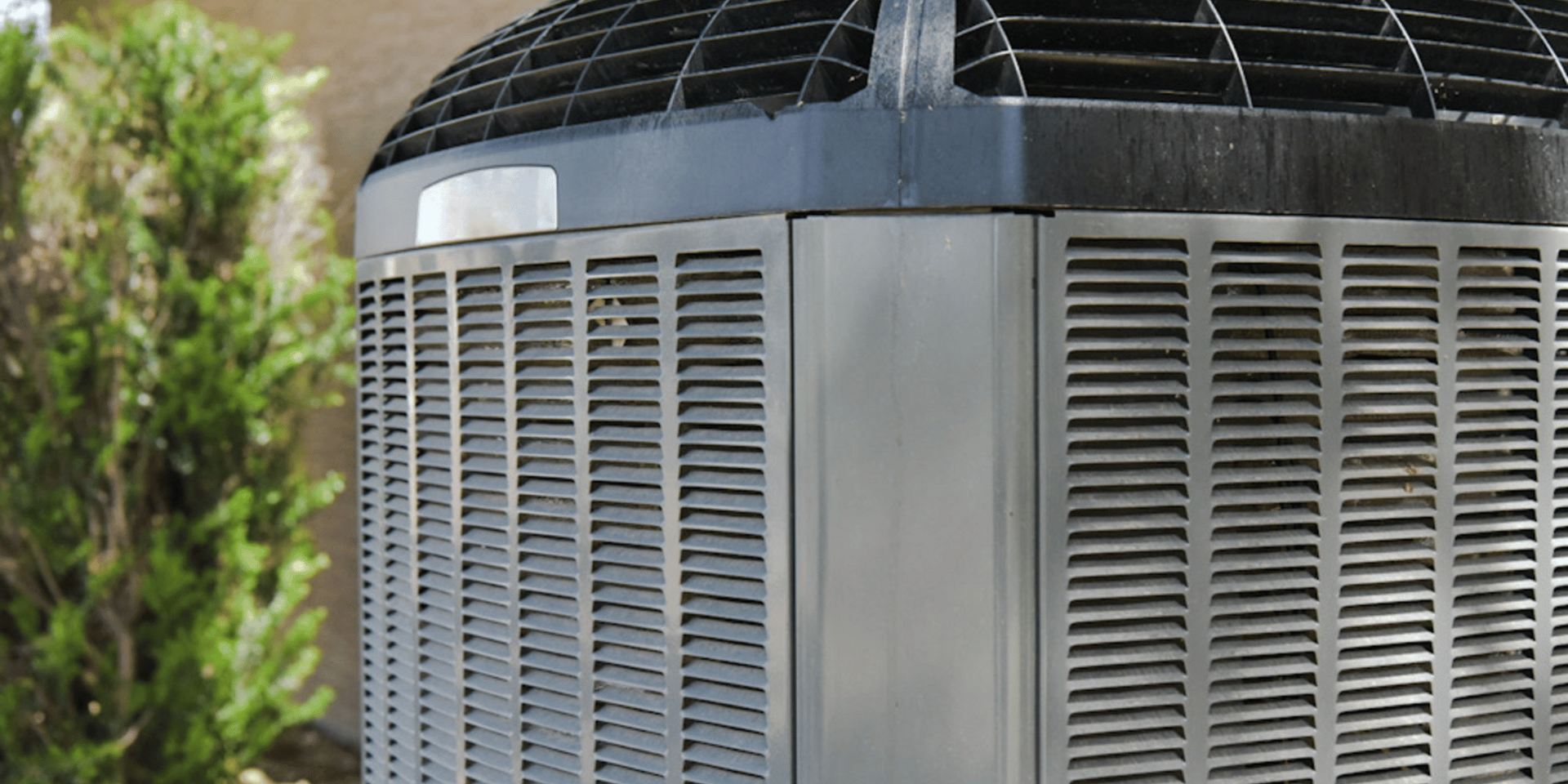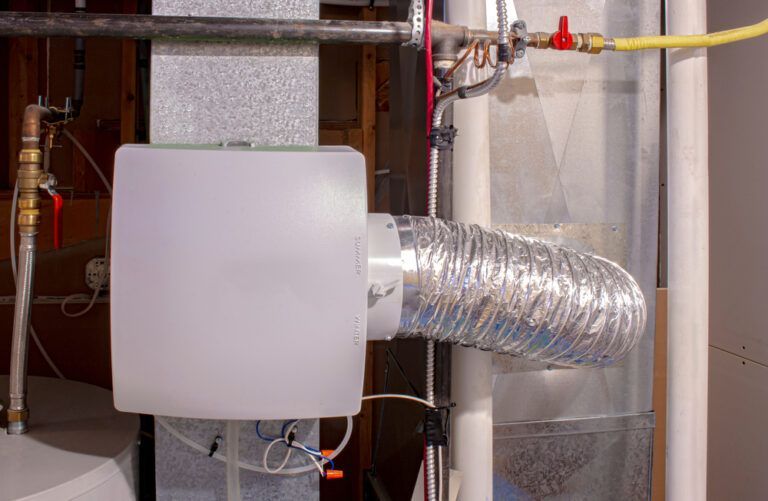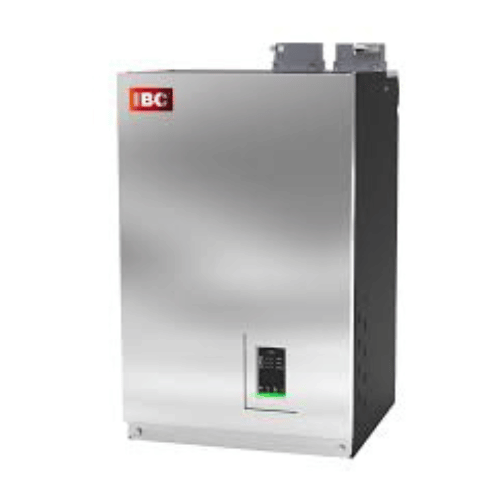Tank vs. Tankless Water Heaters
Tank vs. Tankless Water Heaters
Water heaters are a fundamental component of modern living, providing hot water for cooking, cleaning, and bathing. The two most popular types of water heaters are tank and tankless systems. This article will compare tank and tankless water heaters, taking into account factors such as efficiency, size, and water usage, as well as their suitability for residential and commercial applications.
Efficiency
Tank water heaters work by heating a large volume of water stored in a tank and maintaining the temperature until needed. The energy efficiency of tank heaters can be negatively impacted by standby heat loss, as heat dissipates from the tank even when hot water isn't being used. On the other hand, tankless water heaters only heat water when there is a demand, which eliminates standby heat loss, making them more energy-efficient. According to the US Department of Energy, tankless water heaters can be 24-34% more energy-efficient for homes that use 41 gallons or less of hot water daily and 8-14% more efficient for homes that use around 86 gallons per day.
Size
Space is a crucial factor when choosing a water heater, especially in smaller residential and commercial settings. Tank water heaters are larger, as they require a storage tank that typically holds between 30 and 80 gallons of water. The size of the tank depends on the hot water needs of the household or business. In contrast, tankless water heaters are significantly smaller and can be mounted on a wall, saving valuable floor space. This compact design makes tankless heaters a more attractive option for those with limited space.
Water Usage
Tankless water heaters provide hot water on demand, meaning there is no waiting time for a tank to refill or reheat. This allows for a continuous supply of hot water, reducing the likelihood of running out of hot water during peak usage times. Tank water heaters, however, have a limited amount of hot water available, based on the tank's capacity. Once the hot water in the tank is depleted, users must wait for the tank to refill and reheat, which can lead to longer waiting times and potential inconvenience.
Commercial vs. Residential Use
Commercial settings often have higher hot water demands than residential settings, making the choice between tank and tankless water heaters more complex. In some cases, commercial properties may benefit from using multiple tankless water heaters, as they can be installed in parallel to provide the necessary hot water capacity. This can be a more energy-efficient solution, as each unit only heats water when needed, minimizing energy waste. Additionally, tankless water heaters can be more cost-effective in commercial settings where hot water demand is highly variable, as the units can ramp up or down as needed.
For residential use, the choice between tank and tankless water heaters depends on factors such as household size, hot water demand, and available space. Smaller households with lower hot water demands may find tankless water heaters to be more efficient and space-saving. However, larger households with higher hot water demands may still benefit from traditional tank water heaters, as the energy savings from a tankless system may not be as significant in such cases.
Conclusion
In conclusion, both tank and tankless water heaters have their merits depending on the specific needs of the user. Tankless water heaters are generally more energy-efficient, compact, and provide continuous hot water, making them an attractive option for smaller households and commercial settings with variable hot water demands. However, tank water heaters may still be suitable for larger households where the energy savings from a tankless system may not be as significant. Ultimately, the choice between tank and tankless water heaters depends on factors such as efficiency, size, water usage, and the specific requirements of residential or commercial applications.
When considering the best option for your home or business, it's essential to assess your hot water needs and the available space for installation. Consulting with a professional plumber or HVAC specialist can help you make an informed decision based on your unique requirements.
In addition to the factors discussed above, it's also important to consider the initial investment and long-term costs associated with each type of water heater. Tankless water heaters tend to have a higher upfront cost but lower operating costs due to their energy efficiency. Over time, these savings may offset the initial investment, making a tankless system more cost-effective in the long run. Tank water heaters, on the other hand, are typically more affordable to install but may have higher operating costs due to standby heat loss.
Moreover, maintenance and lifespan should also be considered when choosing between tank and tankless water heaters. Tank water heaters typically have a lifespan of 10-15 years, while tankless water heaters can last up to 20 years or more with proper maintenance. Tankless water heaters generally require less frequent maintenance, but when maintenance is needed, it can be more expensive due to the complexity of the system.
We're Listening | Get a free quote today!
Fry - Blog
We will get back to you as soon as possible.
Please try again later.



